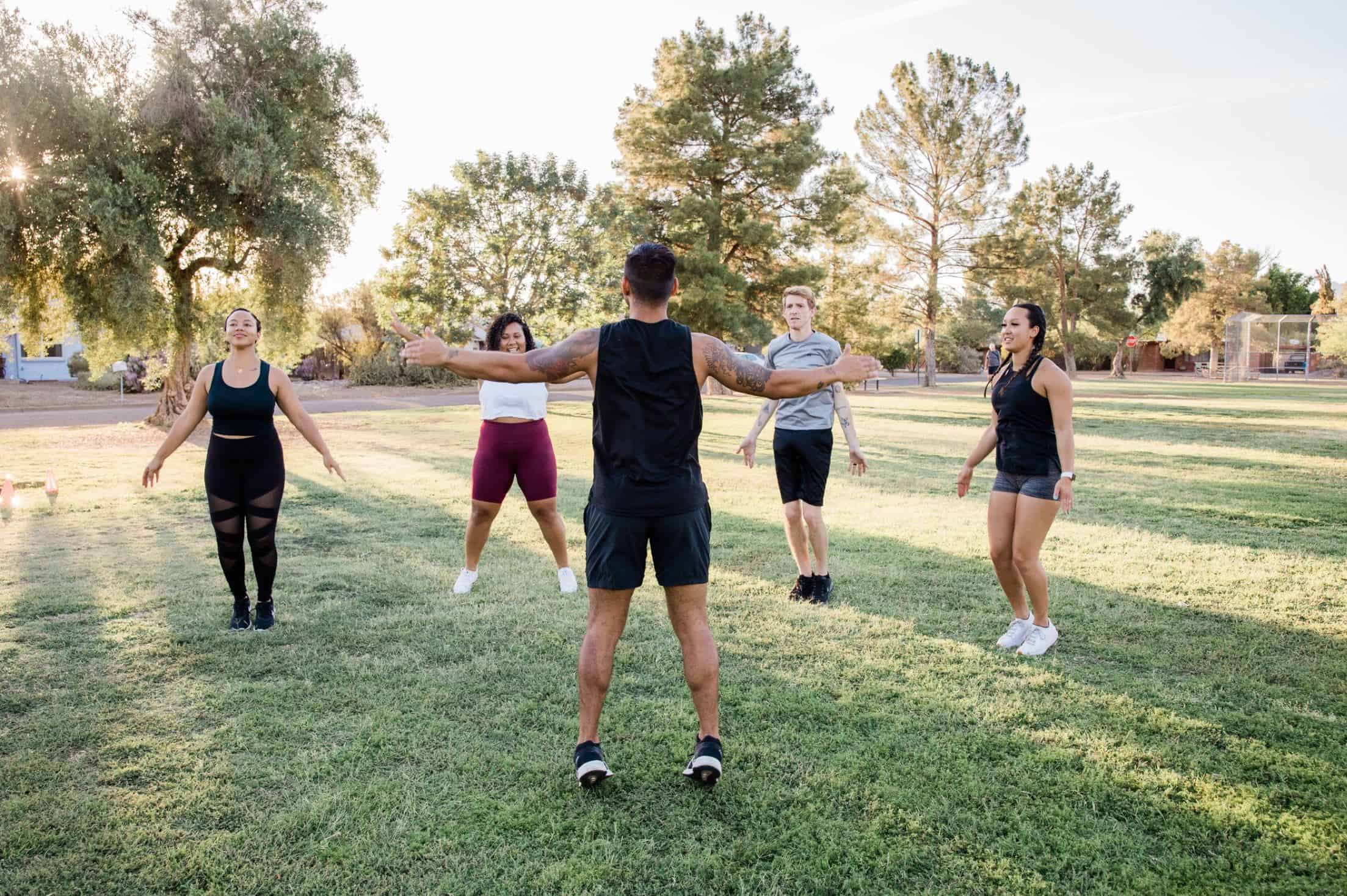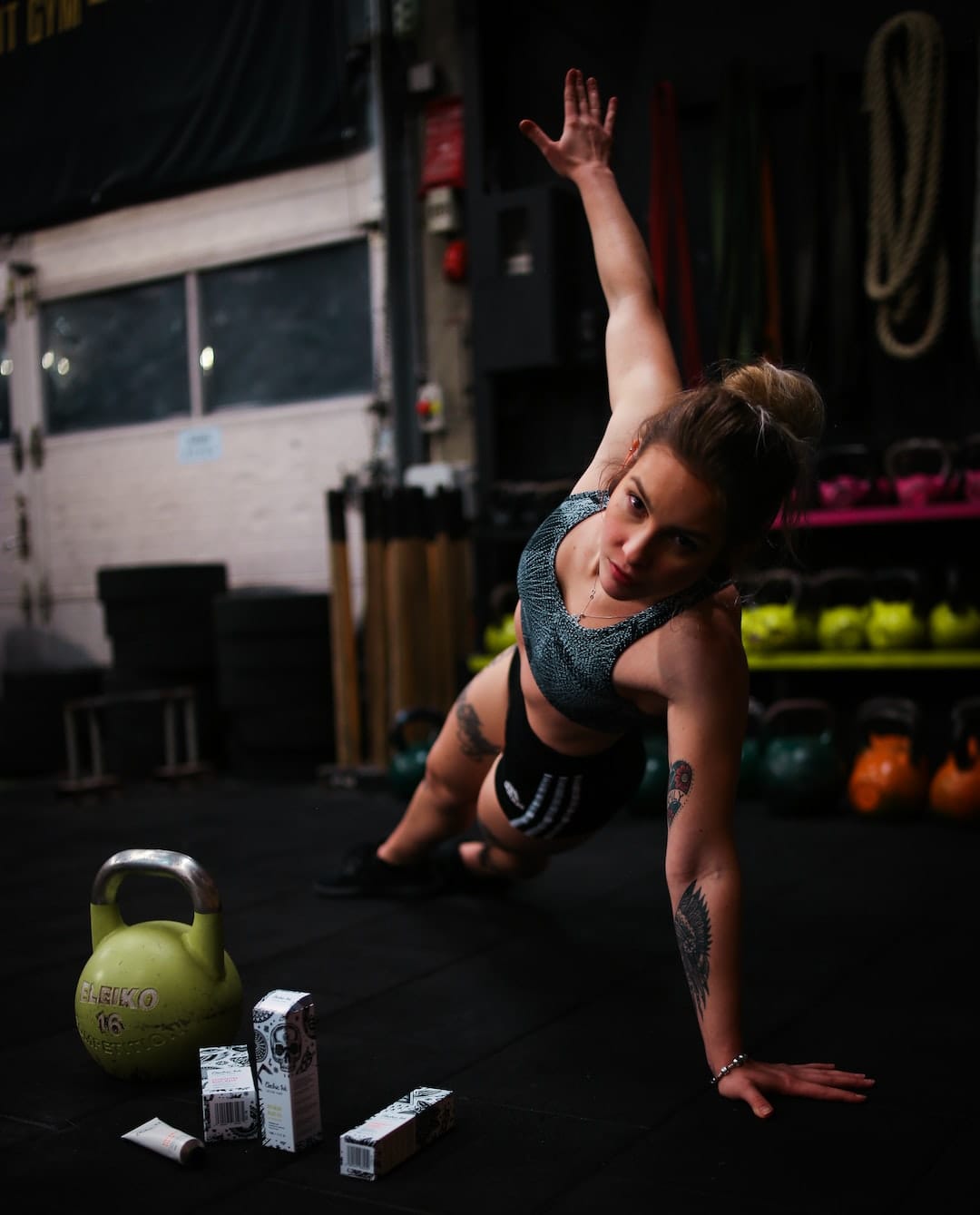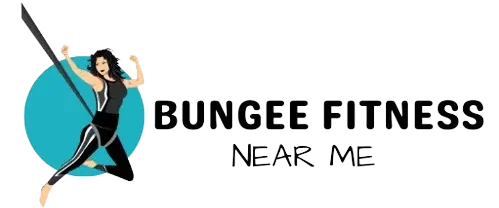What to Expect When Pursuing a Personal Training Certification

Pursuing a personal training certification can be a rewarding endeavor. Know that this journey requires careful consideration of options, dedication, and a clear understanding of what it entails.
Whether you are a fitness enthusiast looking to turn your passion into a career or a sports professional seeking additional credentials, know what to expect during this process. By understanding these elements, you can better prepare for your path to becoming a certified personal trainer.

Choosing the Right Certification Program
Selecting a personal training certification program is the most critical decision on this journey. With numerous organizations offering programs, candidates must consider several factors. Look for accredited programs that adhere to standards set by a reputable organization. The program should meet educational quality criteria that uphold professional industry standards.
Explore the specific curriculum offered: it should cover anatomy, physiology, nutrition, and client assessment. Look into the best certification for personal trainers based on your career goals and the budget you are willing to spend on your education. Take into account the program’s reputation and resources, including study materials, online support, and workshops. Opt for a program that aligns with your learning style and improves your chances of success.
Study Methods and Preparations
Once you’ve selected a program, the next step is study preparation. Each certification program comes with its own set of learning materials. Create a study schedule that allocates plenty of time to each subject area and gives some space for active engagement with the material. Many candidates find that a combination of reading, watching instructional videos, and participating in study groups reinforces their understanding.
Flashcards can be an effective way to memorize key concepts and terminology. Implementation of practical exercises can build confidence and solidify your knowledge. Practice in real-world settings with friends or family. Stay committed to consistent study sessions to build the confidence necessary for a successful exam.
Know Anatomy and Physiology
A trainer should have a strong grasp of human anatomy and physiology. These subjects provide insight into how the body functions during exercise and help trainers design workout programs tailored to individual clients. Aspiring trainers should have a comprehensive knowledge of how various exercises affect different body areas.
Prospective trainers will study energy systems, biomechanics, and the cardiovascular system. This knowledge equips trainers to explain exercises and their benefits clearly and enables them to prevent injuries. Certified trainers must recognize when a client is struggling and know how to modify exercises accordingly, prioritizing the client’s safety throughout the training process.
The Certification Exam
After thorough preparation and study, candidates must pass a certification exam to demonstrate their knowledge. These exams consist of multiple-choice questions covering all the material presented in the program. Approach this exam with confidence by studying and getting relevant experience. Test-taking strategies can improve your performance; these include managing time wisely and eliminating incorrect answers to increase the odds of educated guessing.
Proper preparations can diminish anxiety and boost focus on exam day. Reach out to peers or mentors who have already taken the exam for tips on their experiences. The success of passing this exam enables you to take the first step towards an exciting new career.
Gaining Practical Experience
Achieving certification is just the beginning. Now, it’s time to gain practical experience in the personal training field. Many certification programs encourage candidates to intern or volunteer at gyms, fitness centers, or community organizations. Hands-on training provides insights into client interactions, workout program delivery, and motivational strategies. Working alongside experienced trainers allows newcomers to observe successful techniques, learn industry best practices, and receive feedback to improve performance.
Candidates should seek opportunities to work with diverse clients, as each individual presents unique challenges and experiences. This exposure will increase your versatility and help you adapt to different training styles and client needs. As you integrate theory with practice, you’ll develop confidence and establish a strong foundation for your personal training career.
Continuing Education and Specializations
After attaining your personal training certification, the journey does not end there. Pursuing specialized certifications in nutrition, group fitness, or rehabilitation can add to your skill set and make you more marketable in the industry. Staying up to date with current research and trends allows trainers to offer innovative services and meet clients’ needs.
Many organizations require trainers to complete continuing education credits periodically to maintain their certification. Attending workshops, reading industry publications, and networking with other professionals can promote growth and inspire new ideas. Developing expertise in niche areas equips trainers to cater to specific client demographics, further expanding potential opportunities for career advancement.

Understanding the key components and preparing thoroughly makes the journey rewarding. From selecting the right certification program and mastering the course material to passing the exam and gaining practical experience, each step contributes to your growth as a fitness professional. Staying committed to education and practical application will increase your skills and provide a substantial foundation for your success in the fitness industry.
